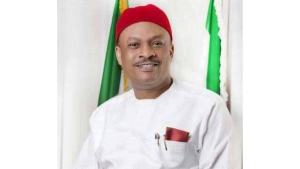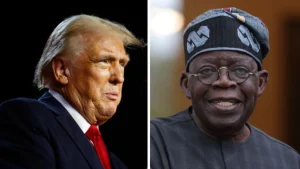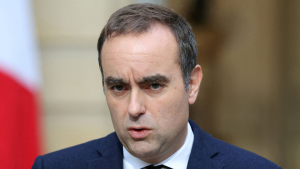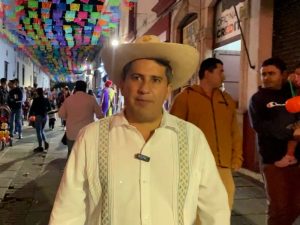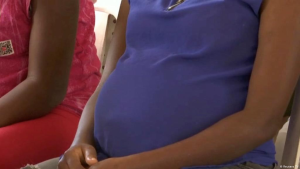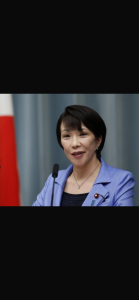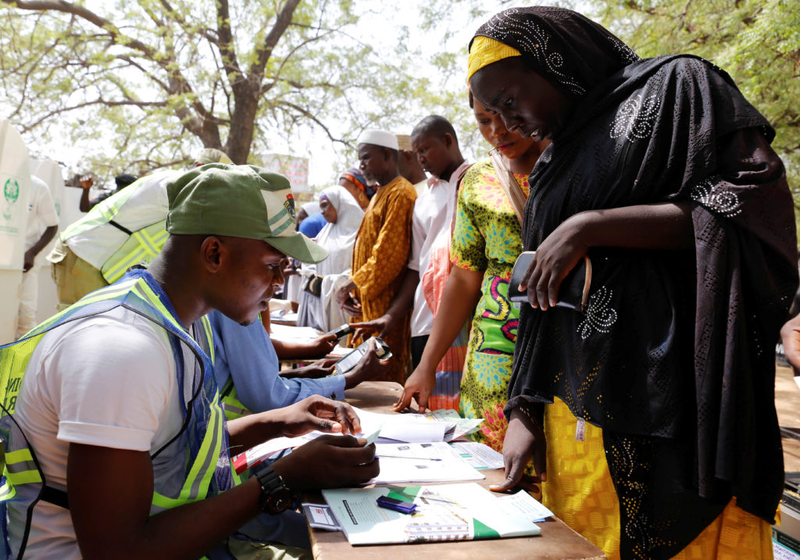
Nigeria has spent a staggering N981.47 billion ($5.483 billion) on seven elections since 1999, making its polls the most expensive in Africa and one of the most expensive globally.
Despite the huge costs, the credibility of elections continues to dwindle, with disputes and petitions rising dramatically.
The 2023 general polls, which cost N355.298 billion ($815.465 million), had a record 1,996 petitions, highlighting the challenges facing the country’s electoral process.
The cost of conducting elections in Nigeria has been rising steadily, with the 1999 polls costing N32 billion ($1.46 billion) and the 2023 polls more than tripling that amount.
Analysts attribute the high costs to corruption, logistical difficulties, voter registration exercises, and the destruction of electoral materials by desperate politicians.
INEC has also invested in technology, such as data capture machines and result transmission systems, which has contributed to the rising costs.
Comparing Nigeria’s election costs to other countries reveals a significant disparity. Pakistan spent $164.5 million on its 2024 national elections, while Ghana spent $52.1 million in 2024. South Africa’s 2024 polls cost $137.8 million, and Kenya’s 2022 polls cost $257 million.
The United States spent $15.9 billion on its 2024 elections, and India spent $2.89 billion on its 2024 elections.
The Independent National Electoral Commission (INEC) has requested N126 billion to prepare for the 2027 elections, but the National Assembly has increased the figure to N140 billion.
Despite the increased funding, the credibility of elections continues to decline, with many Nigerians expressing skepticism about the electoral process.
The projections suggest that the 2027 polls may cost around N700 billion, further straining the country’s resources.

